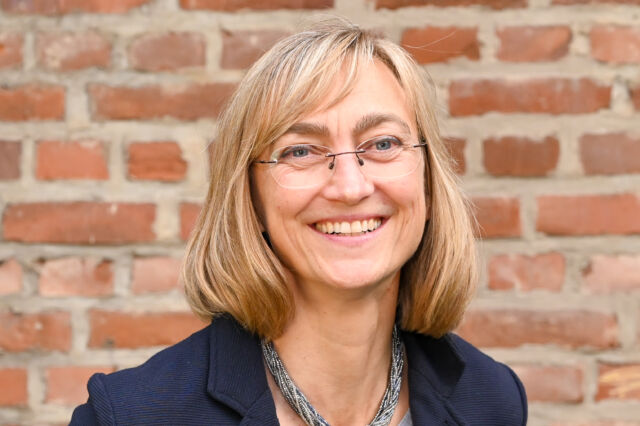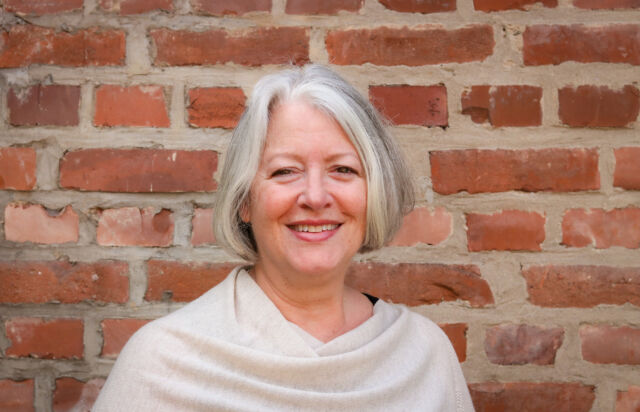
GCP’s collective work at the local level is possible thanks to the network of National Coffee Sustainability Platforms (Country Platforms) in six key coffee origins: Brazil, Honduras, Indonesia, Kenya, Uganda, and Vietnam. This collaboration is essential to meet GCP’s 2030 Goal of transformational change that aims at significantly advancing smallholders’ prosperity and sustainability, measured by closing at least 25% of the living income gap for more than one million smallholder farmers in more than 10 countries.
The GCP Network of Country Platforms offers learning and exchange opportunities for the platforms to benefit from cross-country, peer-to-peer exchange on best practices and learnings. This supports efficiency and effectiveness in convening, alignment and roll out of country specific GCP Collective Action through Country Plans for Farmer Prosperity.
A key component of being a part of GCP’s Network of Country Platforms is the opportunity to learn, exchange and grow collectively to achieve measurable impact on coffee sustainability and farmer prosperity. One such south-south exchange is taking place between the GCP-affiliated Country Platforms in Honduras and Brazil, beginning with field visits in 2022 and 2023, and sustained through continuous learning and camaraderie.
Here are five key takeaways from the learning & exchange between Honduras and Brazil so far.
1. Together in the field to advance understanding
The direct knowledge exchange between GCP Brazil and the Honduran Coffee Sustainability Platform (Plataforma de Café Sostenible de Honduras, PCSH) goes back to 2022, when a Brazilian agronomy expert visited coffee fields in Honduras and shared the findings of his observation with the Honduran team.
The collaboration between the Country Platforms deepened in 2023, when representatives from the Honduran coffee sector visited the coffee fields in Minas Gerais, Brazil. This was an opportunity for the Honduran delegation to learn from the experience of coffee farming in Brazil, specifically of smaller farms in mountainous areas, with similar conditions to the Honduran producers.
The field exchange, made possible by GCP and the Honduran Coffee Institute (Ihcafé), ensured hands-on experience and face-to-face learning for the delegation, made up of members of both organizations, as well as the National Coffee Council of Honduras (CONACAFE), Cooperativa de Horticultores Siguatepeque Limitada (COHORSIL), VOLCAFE, Beneficio de Café Montecristo SA (BECAMO), Pinhalense Group, and other experts.
During the trip, the participants learned from a wide range of organizations about various topics, from equipment to genetic experimentation. The group interacted with Brazilian coffee growers who shared insights on their daily practices and coffee business strategies, and with members of coffee cooperatives, learning from their experience with fair trade certifications and in developing social, environmental, and technical assistance projects for communities.


Images of the visit to Brazilian farmers and coffee cooperatives by the Honduran delegation, in July 2023. Photos courtesy of PCSH.
The delegation also visited the University of Lavras, in Minas Gerais, for insights into their approach to teaching, research and the extension of scientific and technological knowledge; and Minas Gerais Agricultural Company’s (EPAMIG) Tres Pontas experimental field, where participants learned about their coffee growing and genetic improvement program.
“Taking the top technical and research officers of the Honduran Coffee Institute and other researchers and technicians to Brazil to observe the harvest practices of small farmers in the mountains has been key to opening the minds of PCSH members and IHCAFE. It demonstrated that Honduras is currently lagging in technological adoption, as the visit showed that there are technologies available that are suited to Honduras’ coffee growing regions” explained Guillermo Alvarado, GCP Country Manager in Honduras.
2. Innovative practices: terraces and mechanization
The Honduran delegation was particularly interested into two innovative practices that could be adopted in the Central American country.
Terraces: a cultivation method specific to coffee farms that proposes the reorganization of farmland or the conversion of hills into farmland by building platforms of different levels. This rearrangement leads to crop renewal and facilitates the mechanization of farming activities.
Mechanization: especially for the harvesting. This is a key innovation to foster the necessary changes in the Honduran coffee sector to become more economically viable for smallholder farmers.


Examples of the agricultural practices of terraces and mechanized harvesting observed by the Honduran visitors in Brazil. Photos courtesy of PCSH.
3. Research, redesign, remarket
For the GCP Honduras team, the Brazil field visit visualized the key issues identified in the Honduran version of the GCP Country Plan for Farmer Prosperity, illustrating why smallholder coffee farmers largely lack economic profitability. The visit led to three main conclusions about the strategies that can help grow and improve the Honduran coffee sector.
- The need for a redesign of the coffee farm, led by the producers themselves, inspired and nurtured by research and innovation that has been already developed in other parts of the world. These include the implementation of coffee varieties suitable for mechanization, the use of new planting distances as promoted by Ihcafé, and the implementation of terraces on slopes.
- On farm improvements are a significant step forward for improving smallholder coffee farmers’ prosperity, but the work doesn’t stop there. The Honduran coffee sector also needs to better understand the factors behind the farmgate to FOB price ratio via conducting structured post-harvest research in different value chains and business models.
- There is also a need to design new market strategies and promote them among Honduran coffee exporters to secure a successful future for a sustainable coffee sector.
These new innovative practices will help increase coffee production and labor productivity, thus advancing coffee sustainability and farmer prosperity significantly, but they need to be piloted in different sub-regions of Honduras to determine what works best, before looking to scale up the work.
The trip has been fundamental to change the mind set of key technological leaders of the Honduran coffee sector. The collaboration of the Brazilian Country Platform has been key to understand the whole system’s competitiveness.
Guillermo Alvarado, Country Manager Honduras
4. Hands on deck: further action on the go
The first efforts to pilot practices learned during the visit to Brazil are already underway. The Honduran organizations who participated in the field trip have shared their main findings on the adoption of technology to improve productivity on Honduran farms and reduce the costs of coffee production, with the first positive results already noticeable.
Ihcafé showed the results of a cost analysis the institution carried out, where they observed that 57.85% of the cost of 100 kg of coffee production in Honduras goes to the manual labor in harvesting. Their research showed that this decreases to 30% with mechanized harvesting.
The institute also revealed the benefits of their first attempts at the use of terraces for cultivation and confirmed that to achieve the mechanization of the harvesting activities, a redesign of agricultural strategies is needed. This is especially important due to the national context of climatic variability with many rainfall anomalies, emerging pests, very expensive inputs, low product prices and labor shortages.
“Technological innovations are needed in Honduras. It is encouraging to see that Ihcafé – as well as other participants – have started to introduce some of the innovations they learned in their research plans. Nevertheless, a more aggressive research program is needed, as are formalized relationships, concrete plans developed, and funds raised to implement them” added Alvarado.
During the first months of 2024, PCSH visited the research farms of Honduran public and private coffee entities who were part of the delegation that went on the exchange trip. These meetings allowed a first look at how the new practices learned in Brazil are now being piloted for the Honduran context.
5. Concrete steps for a renewed Honduran coffee sector
GCP Honduras is making progress on convening, alignment, and resource mobilization needed to fully research the suite of the practices Honduran extension officers learned from the Brazil experience.
GCP Collective Action through the Country Plan in Honduras includes further piloting the practices learned from Brazil in Honduras, including strategic interventions and activities such as:

All GCP Members are invited to co-invest into the GCP Collective Action through Country Plans for Farmer Prosperity, in Honduras as well as in Brazil, Indonesia, Kenya, Uganda, Vietnam.
Interested to find out more? Contact our team!

